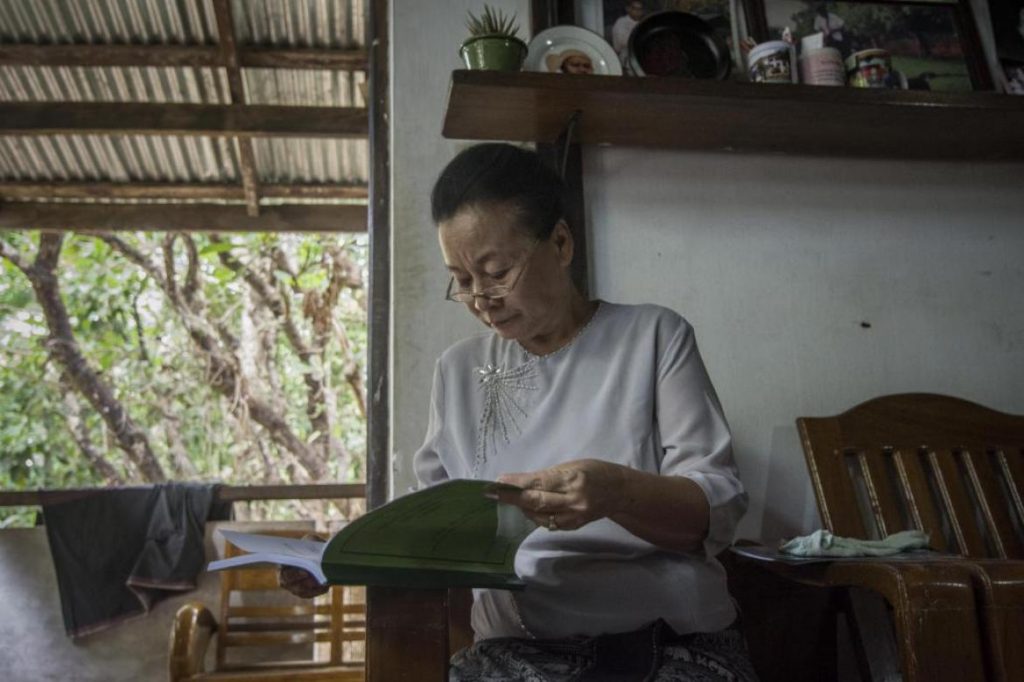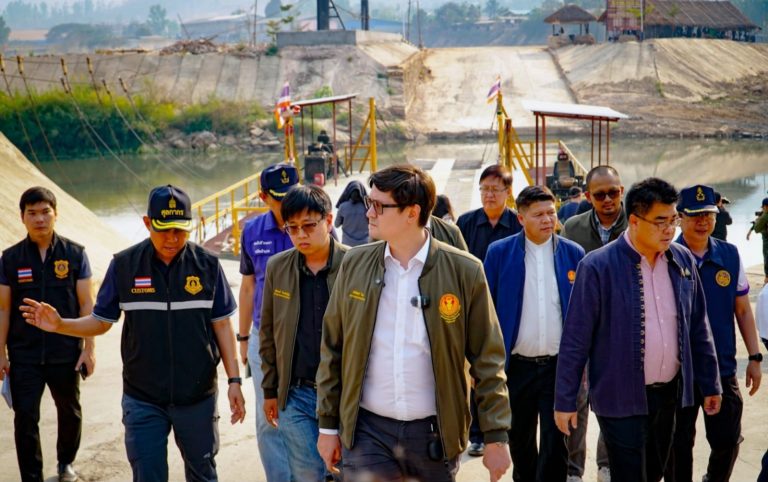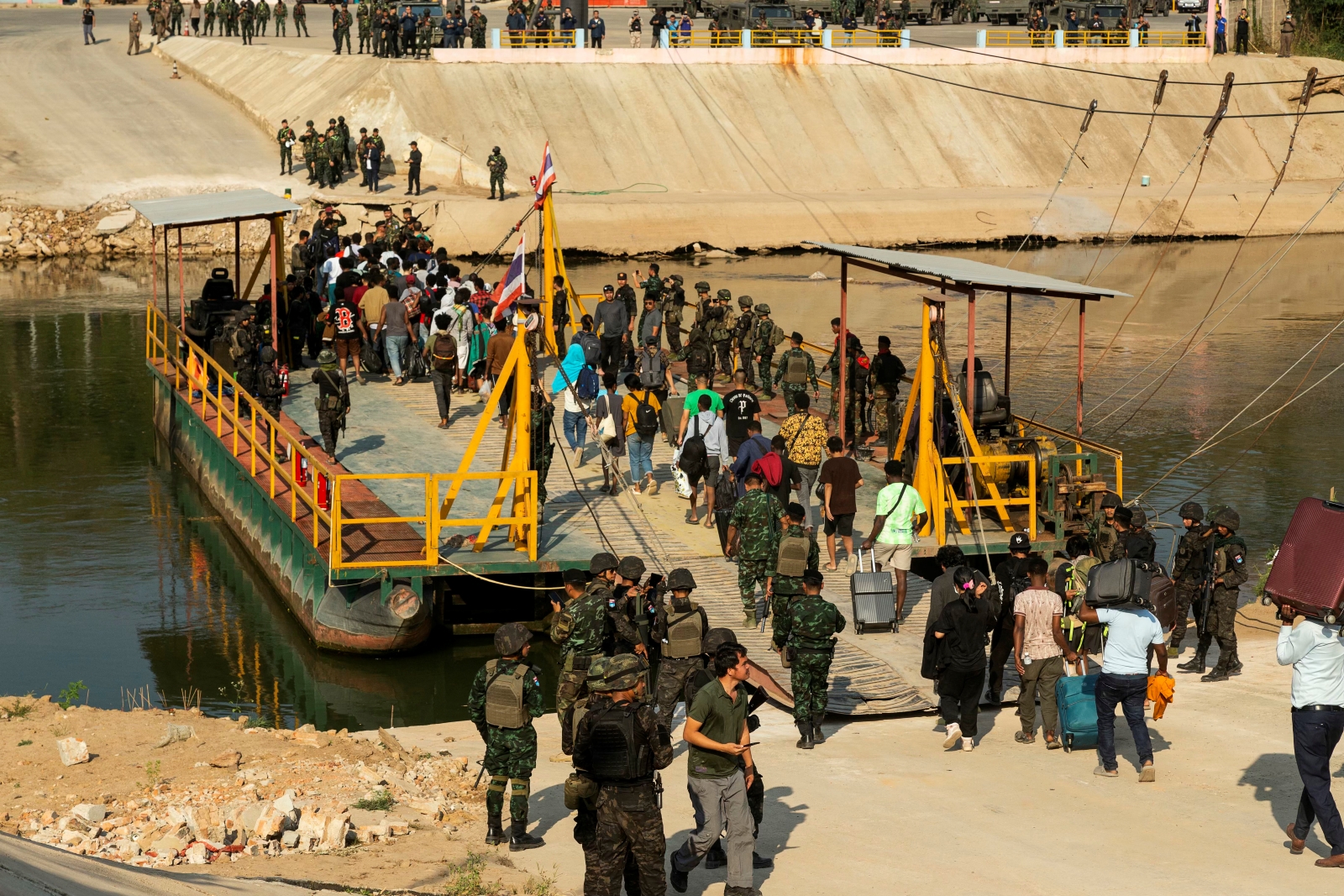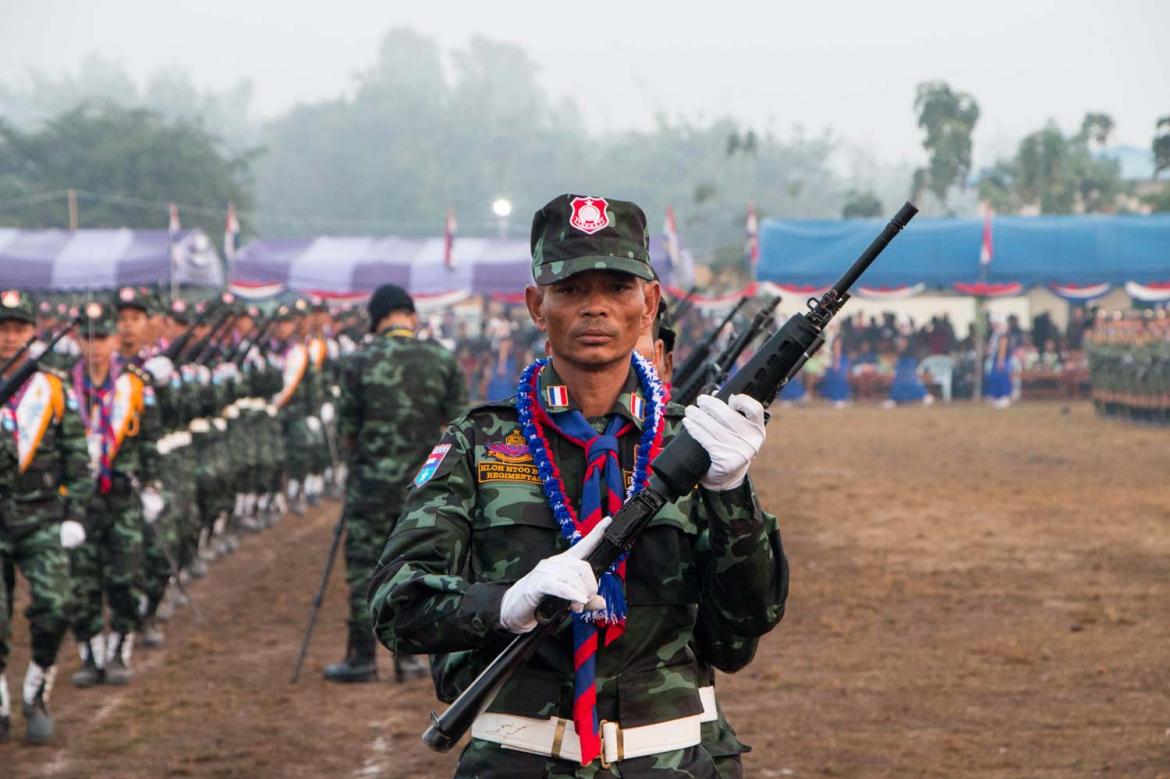Nang Khin Htwe Myint says a planned coal-fired power plant must go ahead to attract the foreign investment needed to support development and create jobs.
By SITHU AUNG MYINT | FRONTIER
A MAJOR obstacle to the National League for Democracy government’s plans to create jobs and attract more foreign investment is the shortage of electric power. There is strong opposition to coal-fired power plants and building dams to generate hydro-electricity. The production of natural gas, another energy source to generate electricity, will decline as reserves are depleted.
The government is producing electricity at a loss of US$300 million a year and the limited opportunities to profit from power generation are affecting foreign investment in the sector. Despite these challenges the NLD government has bravely backed plans to increase electricity production and they include the building of coal-fired power plants. But is the production of electricity from burning coal acceptable in Myanmar?
Plans to build coal-fired power plants in Ayeyarwady and Tanintharyi regions and Mon and Kayin states face opposition. At a news conference after an NLD central executive committee meeting late last month, party spokesperson U Win Htein spoke in favour of the plans. He said coal was more readily available than other energy sources and the plants, although costly, could be built relatively quickly. His answer made clear that the ruling party does not oppose coal-fired power plants.
The issue was also raised when reporters questioned the Minister for Natural Resources and Environmental Conservation, U Ohn Win, after he attended a session of the Amyotha Hluttaw on June 30. Ohn Win said coal-fired plants were acceptable if they did not have an adverse effect on people and the environment. His answer indicated support for comprehensive environmental and social impact statements before approval is given to build coal-fired plants.
Support more independent journalism like this. Sign up to be a Frontier member.
A passionate supporter of coal-fired power is the Kayin State Chief Minister, Nang Khin Htwe Myint. She spoke at a seminar held in the state capital, Hpa-an, on June 21 to discuss a plan by a big Thai construction company, TTLC, to invest $3 billion in a coal-fired plant in Kayin with a capacity of 1,280 megawatts, or about one-quarter of existing national output. The proposed plant will use ultra-supercritical technology, which requires less coal per megawatt hour than other methods of generating electricity from coal. Ultra-supercritical technology also has the advantage of lower emissions of greenhouse gases, higher efficiency and lower fuel costs per megawatt hour compared to other methods. (TTLC is also planning to invest $3 billion in a coal-fired plant in neighbouring Mon State with a similar production capacity. Work on that project is due to start later this year, Thai media has reported).
Khin Htwe Myint told the seminar the plant was essential to help develop Kayin State.
“How can we get electricity for our state? How can we provide electricity to our people as soon as possible? I think everybody is well aware that only if we have electricity, can our state be developed,” she said.
The chief minister said Kayin had been suffering from a lack of electricity for more than 40 years. She pledged to take responsibility for the coal-fired plant if it goes ahead and was critical of those who had protested against the project.
“There are those who never think of the people of the state; the cynics always take a pessimistic view,” Khin Htwe Myint said.
“Because the country is poor, Kayin State is poorer and more backward. Because there are no jobs, people living in Kayin cross to the border to the neighbouring country by various ways and have to do whatever work is available,” she said.
She also said that bringing more electricity to Kayin would help attract foreign investment to build factories that would create thousands of jobs for the state’s citizens.
“Kayin is not the only state or region with a shortage of electricity; the whole country is suffering. In Myanmar, only one third of families have access to electricity, the lowest rate of availability in the Association of Southeast Asian Nations,” she said.
“It is important to emphasise that producing electricity need not have a negative impact on the people and the environment. If the coal-fired power plant meets social and environmental impact guidelines it should be built. Hydro-electric plants should also be built if the power they produce is shared fairly.”
The Kayin chief minister is right. Even if there are minor negative side-effects from the coal-fired plant after it is built, it is better for the people than having to work in a foreign country likes slaves without labour rights and no education or health care for their families.
The opinions expressed in this article are those of the author.







